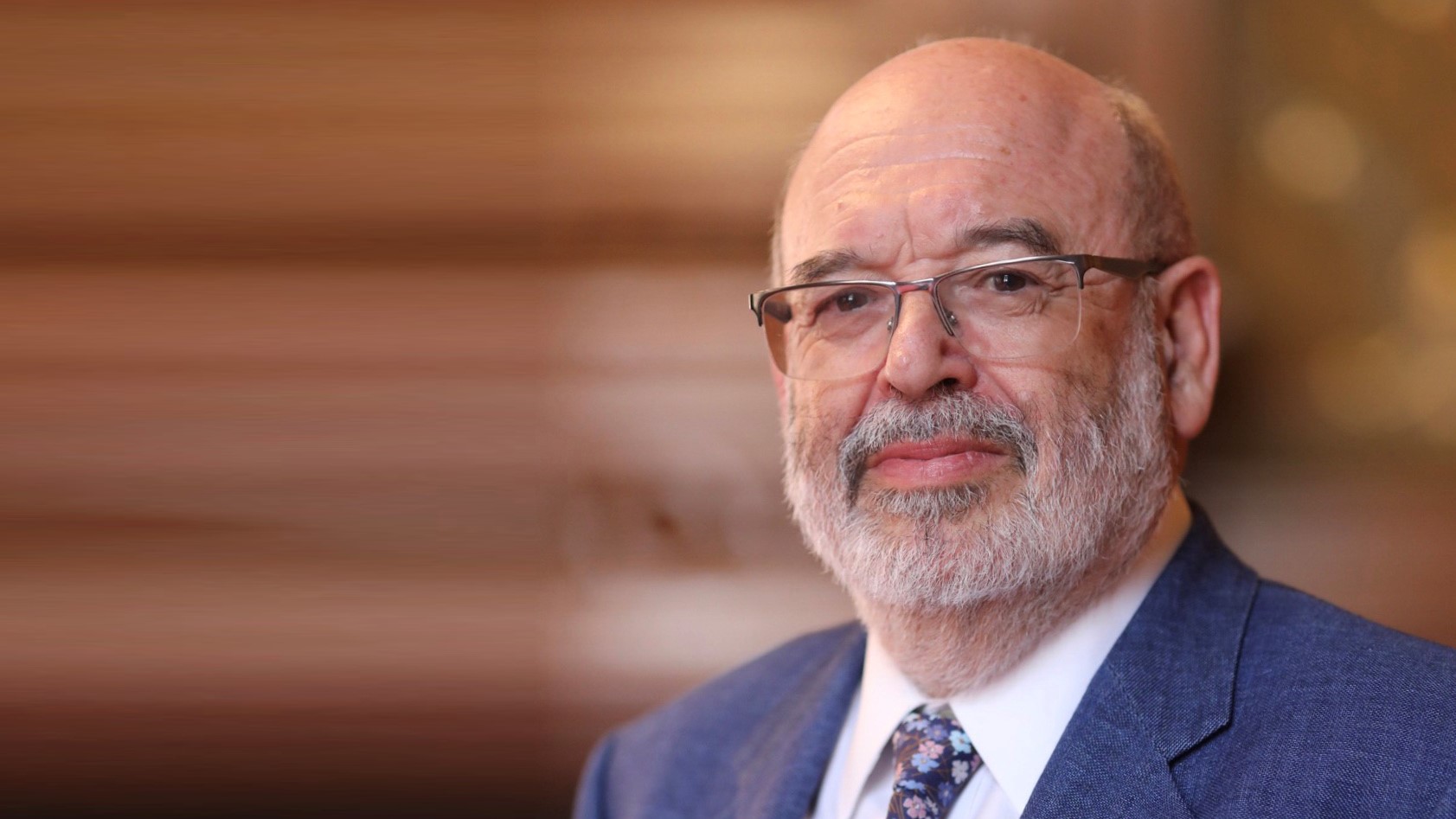
Fifteen months after the COVID-19 pandemic was declared a Public Health Emergency of International Concern (PHEIC) by the World Health Organization (WHO), cases continue to catastrophic surge in many parts of the world, such as India, the Seychelles, Brazil and Uruguay. The official global death toll is now at 3.2 million despite the enormous efforts to suppress the virus through a mix of public health measures and the rapid development of new treatments and vaccines.
The Independent Panel for Pandemic Preparedness and Response (The Panel) has published a review of the international response to COVID-19 to understand how this “preventable disaster” was not better contained, and more importantly, how the global community can avoid another pandemic in the future.
It is clear that the impact of the COVID-19 pandemic will be felt for many years to come, worsening global health outcomes, widening economic and health inequalities, disrupting social cohesion, setting back education attainment goals, straining trust in government, and potentially increasing geopolitical tensions. Indeed, the International Science Council leads the COVID-19 Scenarios project that is exploring how the pandemic may play out over the next few years across health, social, economic and political domains.
The ISC believes that key decision-makers such as governments and multilateral actors need to consider these longer-term consequences and sufficiently invest in measures to prevent emerging infectious disease outbreaks from becoming pandemics. Therefore, the ISC lends support to The Panel in its recommendation of the need to invest in a new international system for pandemic preparedness and response that can rapidly detect and constrain emerging outbreaks.
The ISC, like The Panel, is particularly concerned about the lack of global leadership and solidarity that has been displayed throughout the pandemic; this has undermined the role of multilateral institutions and has resulted in an uneven response to this global crisis, further increasing health and economic inequalities in countries between the Global North and Global South.
The ISC has launched a new COVID-19 project, outlining a range of scenarios over the mid- and long-term that aim to assist our understanding of the options for achieving an optimistic and fair end to the pandemic.
Decisions to be made over the coming months need to be informed not only by short-term priorities. Providing such an analysis to policy makers and citizens can lead to more optimistic rather than pessimistic outcomes.
Like The Panel, the ISC applauds the extraordinary successes achieved by the scientific community during the pandemic through open collaboration, data sharing, and investment. This has resulted in the development of novel diagnostics, treatments and vaccines in an unimaginably short timeframe. The emergence of vaccines has been particularly instrumental in suppressing the virus in places where it was previously uncontrolled. Therefore, the ISC supports The Panel’s proposal for high-income countries to urgently assist great availability of vaccines to a low income countries.
The Panel has proposed adopting a new “Global Health Threats Council”, a new declaration at the United Nations General Assembly, a new “Pandemic Framework Convention”, and reform of the WHO. A new framework convention will only be successful if it is ratified and a suitable scientific and technical infrastructure is developed. Clearly the International Health Regulations needs strengthening. But it also needs all member states to learn from this experience, to see the importance of multilateral cooperation and for governments and the multilateral system to be much more responsive to scientific assessments of emergent biological risks.
The Panel have also proposed increased investment in pandemic preparedness and response. This includes creating a new International Pandemic Financing Facility, building capacity in regional manufacturing, regulation, and procurement specifically for infectious disease outbreaks, and increasing the unearmarked funding of WHO to enhance its ability to guide countries independently. The economic case for substantial investment in pandemics preparedness has been made very clear in the last year.
The Panel must be applauded for its comprehensive, balanced and timely review of the global response to COVID-19. Whatever solution we end up with, it is clear that governments, multilateral actors, the scientific community and civil society need to work together to prepare for future looming global threats such as infectious disease outbreaks.